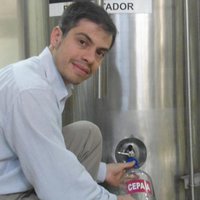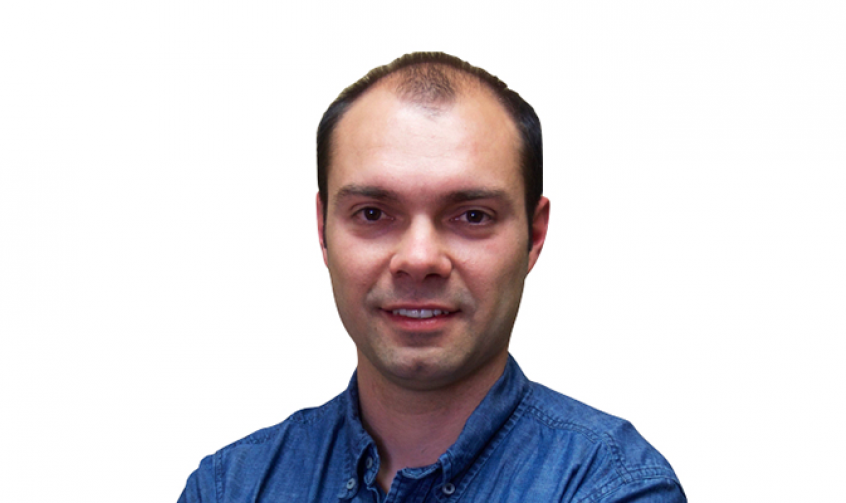Meningitis is an illness which affects the central nervous system and is caused by the inflammation of the membranes that surround the brain and the spinal cord. Some of the early symptoms are fairly non-specific, such as fever and drowsiness, which complicates the diagnosis, especially in children. This problem is compounded by the fact that meningitis can be very aggressive and can claim the life of the patient in a matter of hours or, in the event of survival, cause serious neurological damage.
Normally, it is necessary to perform a spinal tap in order to diagnose meningitis. However, this procedure is dangerous and traumatic, especially for the youngest patients. It is also impossible to perform a spinal tap in underdeveloped countries, which lack the necessary equipment and labs to analyze the samples. To address this situation, the engineer and entrepreneur Javier Jiménez has created Neosonics, a device which helps to diagnose childhood meningitis quickly and non-invasively and which can be used even in low resource regions. Thanks to this breakthrough, Jiménez has been named as one of MIT Technology Review, Spanish Edition´s Innovators Under 35 Spain 2016.
The device is "similar to a large pen," its creator explains. The tip is placed against the child´s head, specifically at the fontanel, the soft spot on a child´s head where the child´s cranial bones have not yet fused together. Neosonics takes high resolution ultrasound images of the cerebrospinal fluid just below the fontanel with an elevated degree of sensitivity.
One of the greatest challenges for Jiménez consisted in making the device sensitive enough to detect changes in the amount of cells present in the liquid. The immune system sends these cells to fight the bacteria or virus responsible for the infection, and therefore the increase in number of these cells serves as an indicator: from 25 cells per microliter and above, it is possible that the child is suffering from meningitis. Jiménez´s preliminary results demonstrate that Neosonics can detect concentrations of just two cells per microliter, making it a quick and precise tool which can remove the need to perform a spinal tap in many cases.
New Born Solutions, the start-up founded by Jiménez, has already sent a prototype to Mozambique where further tests are being conducted, as well as in several hospitals in Madrid (Spain). In the African meningitis belt (which encompasses 26 sub-Saharan countries between Senegal and Ethiopia) nearly one million suspected cases were reported between 1991 and 2010, of which 100,000 proved fatal. Thanks to Neosonics, the medical professionals in these areas would be able to take action quickly in order to treat suspected cases and save the lives of thousands of children. On the other hand, in industrialized countries the patients´ evolution could be tracked without the need to perform further spinal taps.
The director of research at the The City of Paris Industrial Physics and Chemistry Higher Educational Institution (France) and jury member for the Innovators Under 35 Spain 2016 awards, Karim Benchenane, considers the use of high frequency ultrasound images for meningitis screening proposed by Jiménez to be "extremely promising and innovative."



